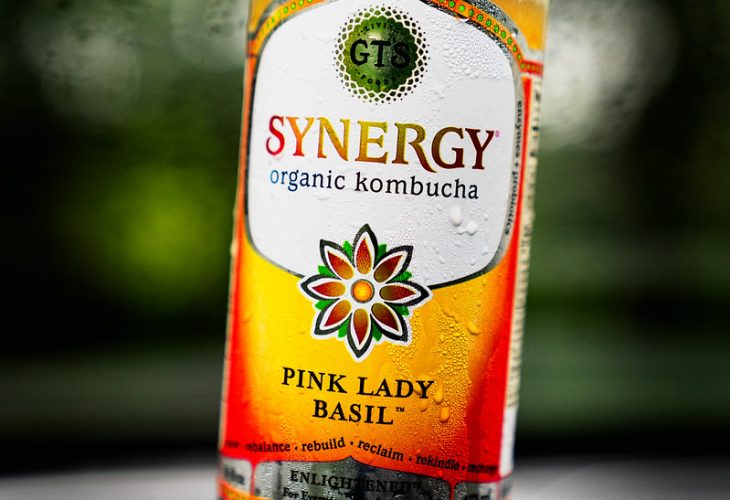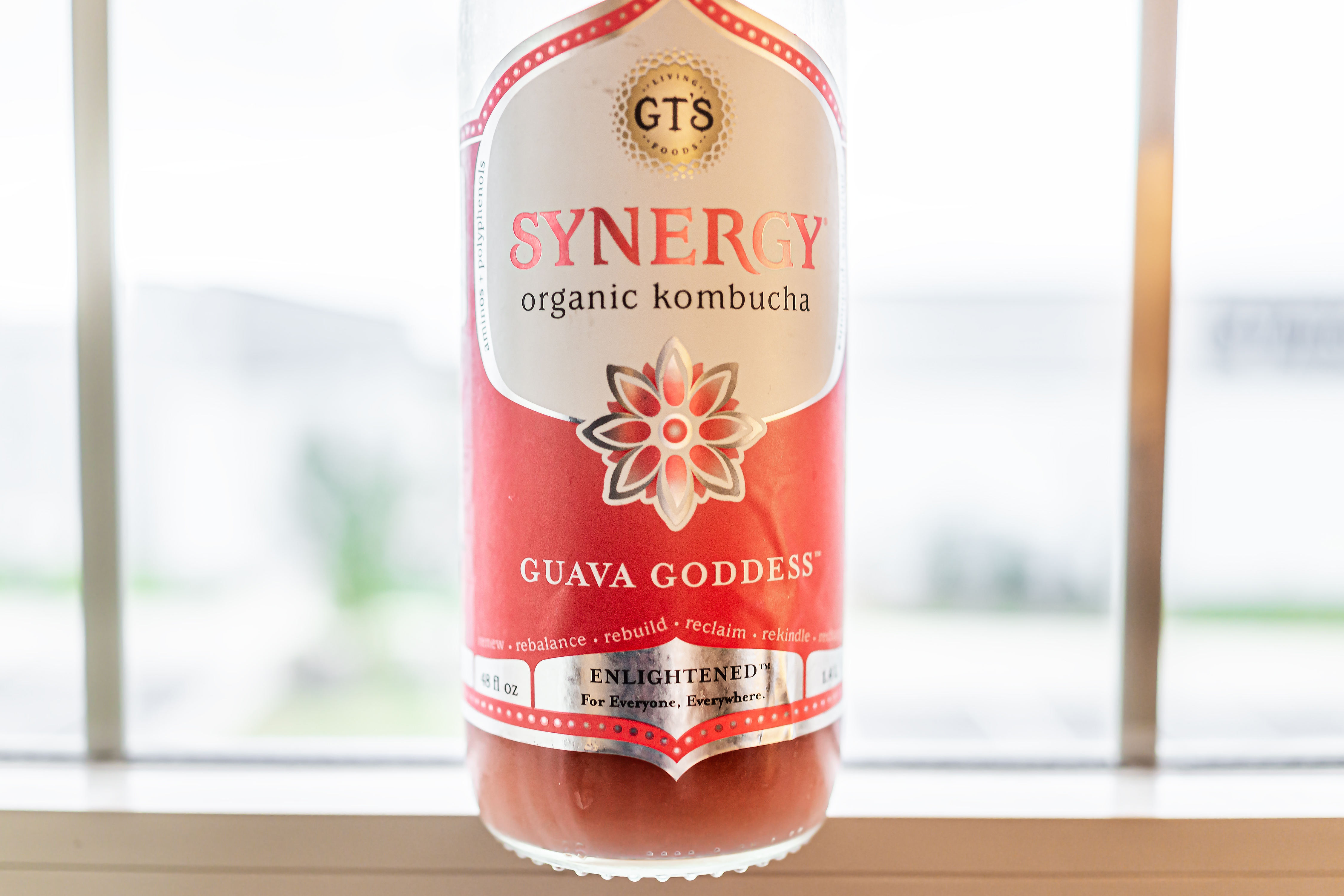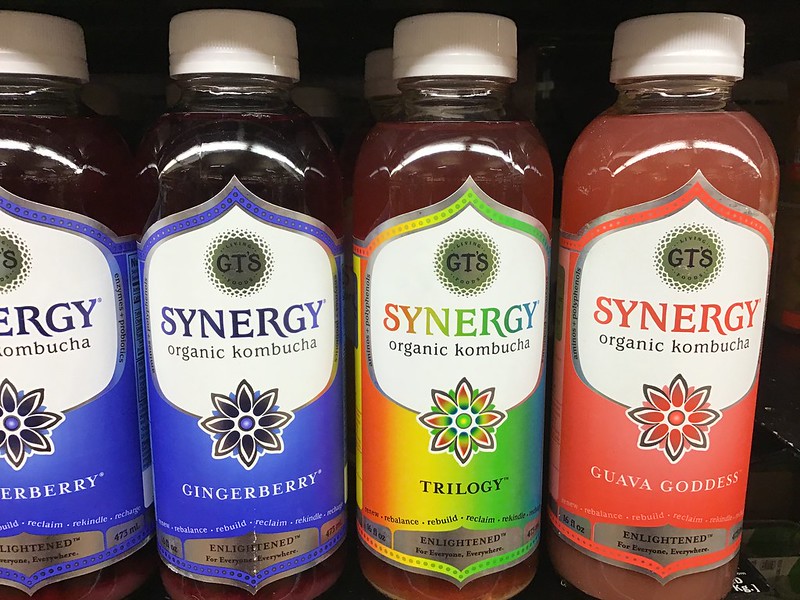
In recent years, kombucha has gained popularity as a refreshing and probiotic-rich beverage. Among the various brands available, Synergy Kombucha stands out for its unique flavors and health benefits. In this comprehensive article, we will dive into the world of Synergy Kombucha and explore its intriguing nutrition facts. From its origins to its fermentation process and potential health benefits, we’ll uncover the secrets behind this fizzy and flavorful drink. Get ready to discover the synergy between taste and wellness!
Introducing Synergy Kombucha
Synergy Kombucha is a brand of kombucha known for its high-quality ingredients and artisanal brewing process. It is made through the fermentation of sweetened tea using a symbiotic culture of bacteria and yeast (SCOBY), resulting in a slightly effervescent and tangy beverage.
The Essence of Fermentation
During fermentation, the SCOBY consumes the tea’s sugars and produces a variety of beneficial compounds, including organic acids, probiotics, and enzymes. This transformative process gives Synergy Kombucha its characteristic fizziness and tangy flavor. The length of fermentation can vary and affects the final taste profile of the beverage.
The Kombucha Craze
Kombucha has been consumed for centuries and has its roots in East Asia. It is believed to have originated in China, where it was known as the “Tea of Immortality” due to its potential health benefits. It then spread to other parts of the world.
SCOBY Magic
Synergy Kombucha’s fermentation process involves the use of a SCOBY, which resembles a pancake-like disk. This living culture of bacteria and yeast consumes the sugars in the tea, producing organic acids, enzymes, and carbon dioxide.

Calorie Content
Synergy Kombucha is a low-calorie beverage, with an average of 30-50 calories per 8-ounce serving. However, the exact calorie count can vary depending on the flavor and any added ingredients.
Rich in Probiotics
One of the primary nutritional highlights of Synergy Kombucha is its probiotic content. Probiotics are live microorganisms that support gut health and contribute to overall well-being. Synergy Kombucha is known for its diverse range of probiotic strains, which may include beneficial bacteria like Lactobacillus and Bifidobacterium.
Vitamins and Minerals
While the exact nutrient composition can vary among flavors, Synergy Kombucha may contain small amounts of vitamins and minerals. These can include B vitamins, vitamin C, and trace minerals like iron and manganese.
Improved Digestive Health
The probiotics in Synergy Kombucha can promote a healthy gut by supporting the balance of beneficial bacteria. This, in turn, may aid digestion and support overall digestive health.
Enhanced Immune Function
The antioxidants and probiotics in Synergy Kombucha can contribute to a stronger immune system, helping to defend against common infections and illnesses.
Potential Detoxification
Some proponents believe that the organic acids and enzymes produced during kombucha fermentation can aid in the body’s natural detoxification processes.
Fruit Infusions
Synergy Kombucha offers a wide range of fruit-infused flavors, including raspberry, strawberry, mango, and more. These additions provide a burst of natural sweetness and complement the tangy kombucha base.

Herbal Blends
For those seeking unique and refreshing combinations, Synergy Kombucha also offers herbal blends, such as lavender, ginger, and hibiscus. These botanical additions add depth and complexity to the flavor profile.
Artisanal Craftsmanship
Synergy Kombucha is handcrafted in small batches, ensuring attention to detail and quality in every bottle.
Living Beverage
Due to its fermentation process, Synergy Kombucha is a living beverage that continues to evolve even after bottling. This ongoing fermentation may result in slight changes in taste and carbonation levels over time.
Conclusion
Synergy Kombucha combines the goodness of fermentation, probiotics, and refreshing flavors into a single bottle. With its low calorie content, potential health benefits, and tantalizing taste profiles, it has become a popular choice for those seeking a fizzy and nutritious beverage. So, the next time you sip on a bottle of Synergy Kombucha, relish the synergy between taste, wellness, and the ancient art of fermentation.
Frequently Asked Questions (FAQs)
Is Synergy Kombucha suitable for individuals with gluten intolerance?
Yes, Synergy Kombucha is typically gluten-free as it is made from tea and does not contain wheat or barley, which are gluten-containing grains.
Can pregnant women consume Synergy Kombucha?
It is generally recommended that pregnant women exercise caution when consuming kombucha due to its small alcohol content and the potential for bacterial contamination. It is advisable to consult a healthcare professional before including it in your diet.
Does Synergy Kombucha contain caffeine?
While kombucha is made from tea, the fermentation process may reduce the caffeine content. However, some residual caffeine may still be present, although in lower amounts compared to the original tea.
Can Synergy Kombucha be consumed by children?
It is recommended to consult a healthcare professional before giving kombucha to children, as their digestive systems may be more sensitive to the fermentation byproducts.
Can I make my own Synergy Kombucha at home?
Yes, it is possible to brew kombucha at home using a starter culture and the necessary ingredients. However, it is important to follow proper brewing techniques and maintain hygiene to prevent the growth of harmful bacteria.
Was this page helpful?
Our commitment to delivering trustworthy and engaging content is at the heart of what we do. Each fact on our site is contributed by real users like you, bringing a wealth of diverse insights and information. To ensure the highest standards of accuracy and reliability, our dedicated editors meticulously review each submission. This process guarantees that the facts we share are not only fascinating but also credible. Trust in our commitment to quality and authenticity as you explore and learn with us.
